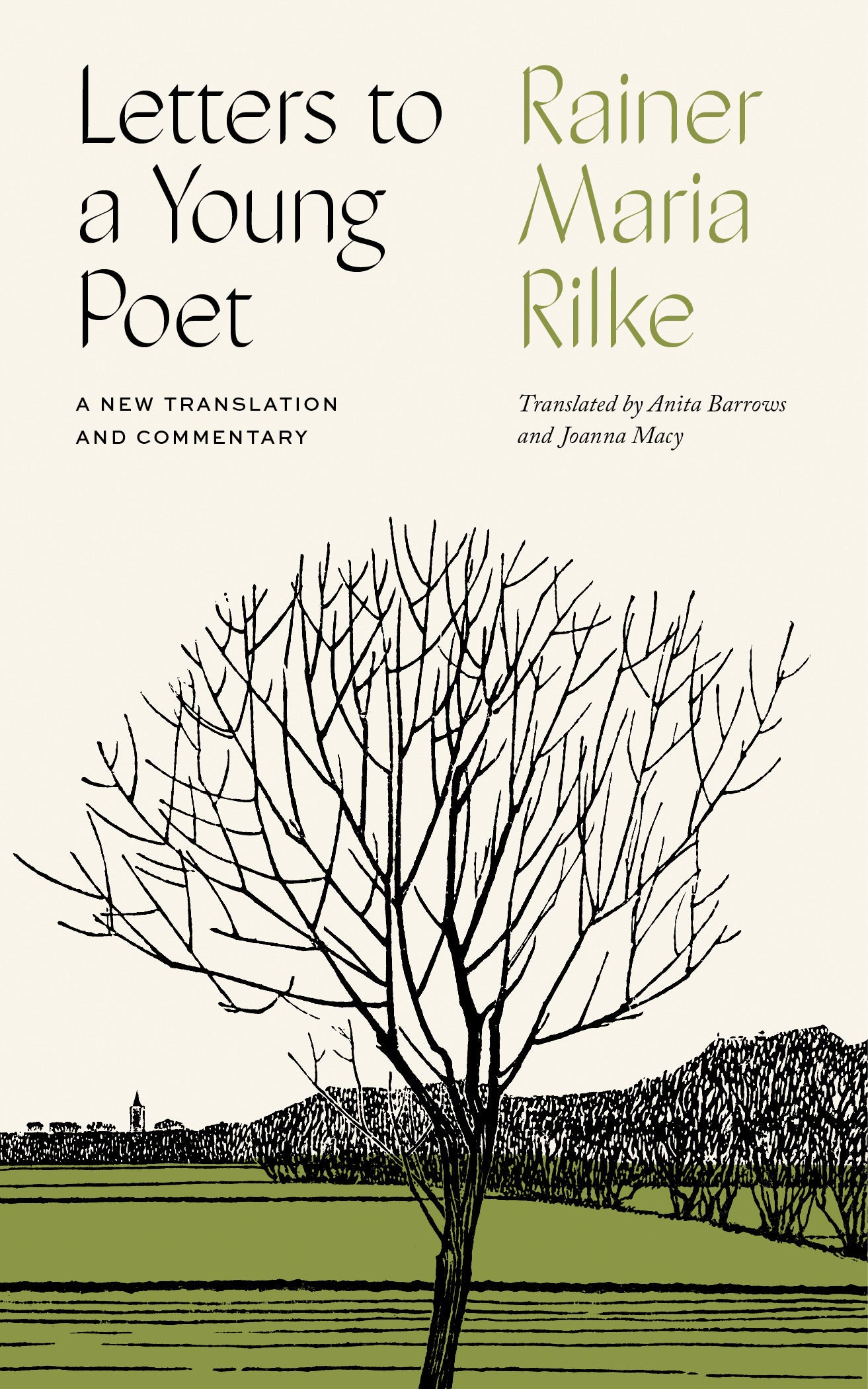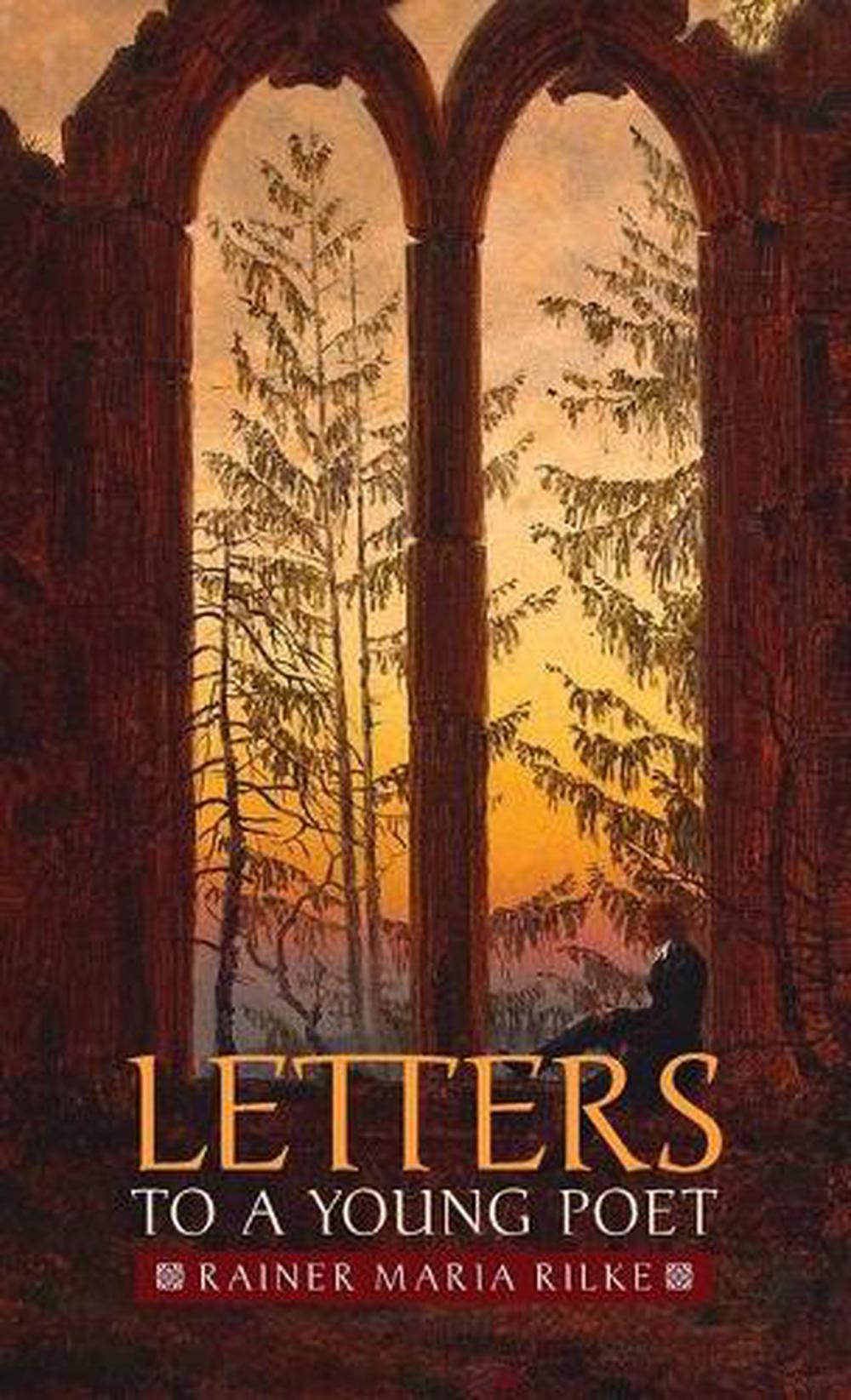

Your kind letter, accompanying them, succeeded in clarifying the many shortcomings which I felt on reading them, without being able to name them. Nonetheless, the poems are not as yet anything in themselves, not yet independent creations, not even the last, nor the one concerning Leopardi.

And in the beautiful poem ‘To Leopardi’, a sort of kinship with that great, solitary spirit emerges.

Something of its own wishes to express wisdom and word. I feel this most clearly in the last poem ‘My Soul’. With these words as introduction, I must simply tell you that your verses lack a style of their own yet, quietly and covertly, they approach the personal. Things are not as comprehensible and sayable as we are commonly led to believe most of our experiences are unsayable occurring in a space that no word has ever entered, while most unsayable of all are works of art, mysterious existents whose life endures alongside our own transient life. Nothing touches on a work of art as little as words of criticism: from them arise more or less unfortunate misunderstandings. I cannot enter deeply into the nature of your verse, since any attempt at criticism is alien to me. I wish to thank you for the great and precious trust you place in me. I received your letter just a few days ago. The two men never met in person, but, thanks to Kappus, these letters to him were preserved, and help to illuminate Rilke’s own achievements in the art, as well as providing a source of inspiration and guidance to poets in general. These letters, dating from the early period of Rilke’s own poetic development, offered advice and insight to the younger man, while also revealing Rilke’s ideas and attitudes regarding creative poetic effort and life itself. A cadet at the Austrian military academy the lower school of which Rilke had attended in the 1890’s, the young man went on to pursue an extended military career, as an officer in the Austro-Hungarian army, afterwards working as a journalist, editor, writer, and politician. Rilke’s letters to a young poet Franz Xaver Kappus, written between 19, were first published by Kappus in 1929. Letter IX: Furuborg, Jonsered in Sweden, November 4th 1904.Letter VIII: Borgeby Gård, Flädie, Sweden, August 12th 1904.Letter IV: Worpswede near Bremen, July 16th 1903.Letter III: Viareggio, near Pisa (Italy), April 23rd 1903.Letter II: Viareggio, near Pisa (Italy), April 5th 1903.This work may be freely reproduced, stored and transmitted, electronically or otherwise, for any non-commercial purpose. Kline © Copyright 2021, All Rights Reserved. ‘Monograph of the Royal Free City of Temesvár’ - Preyer, Johann N (1853), The British Library


 0 kommentar(er)
0 kommentar(er)
